Animal Care
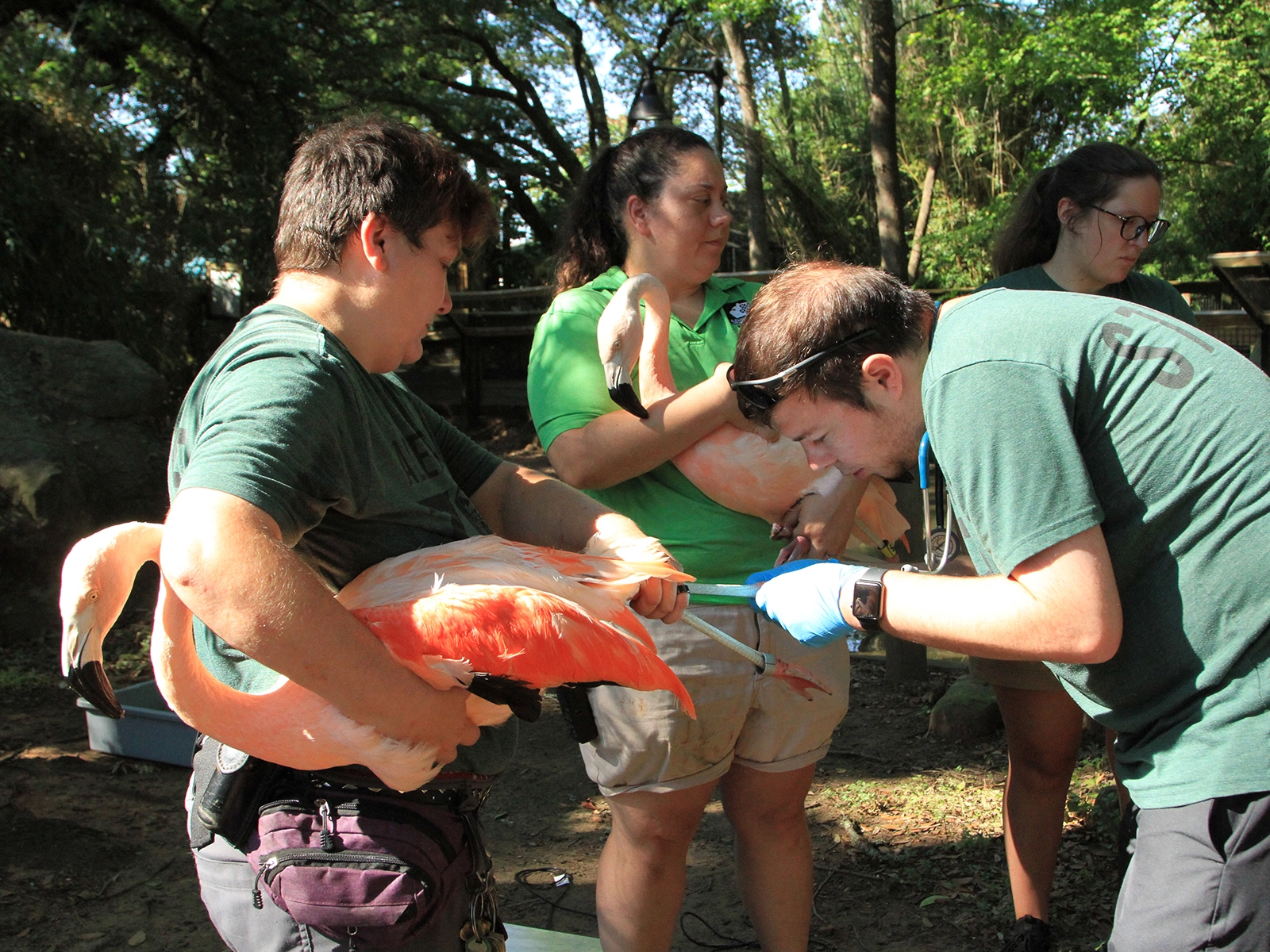
Veterinary Care
Our dedicated veterinary team provides comprehensive, state-of-the-art medical care, ensuring that each resident, from the smallest amphibian to the largest carnivore, thrives. Our veterinary program is built on a foundation of preventative care, cutting-edge diagnostics, and compassionate treatment.
Regular check-ups, vaccinations, parasite control, and meticulous nutritional planning are cornerstones of our care. Our team closely monitors each animal's behavior, appetite, and physical condition, allowing for early detection and intervention should any health concerns arise.
While much of our care takes place behind the scenes, our Animal Health Center is equipped to handle a wide range of medical procedures, from routine examinations to complex surgeries.
Cognitive
Cognitive enrichment provides stimulating activities that encourage problem-solving, learning, and exploration. We create opportunities for our animals to engage their intellect, promoting mental agility and overall well-being.
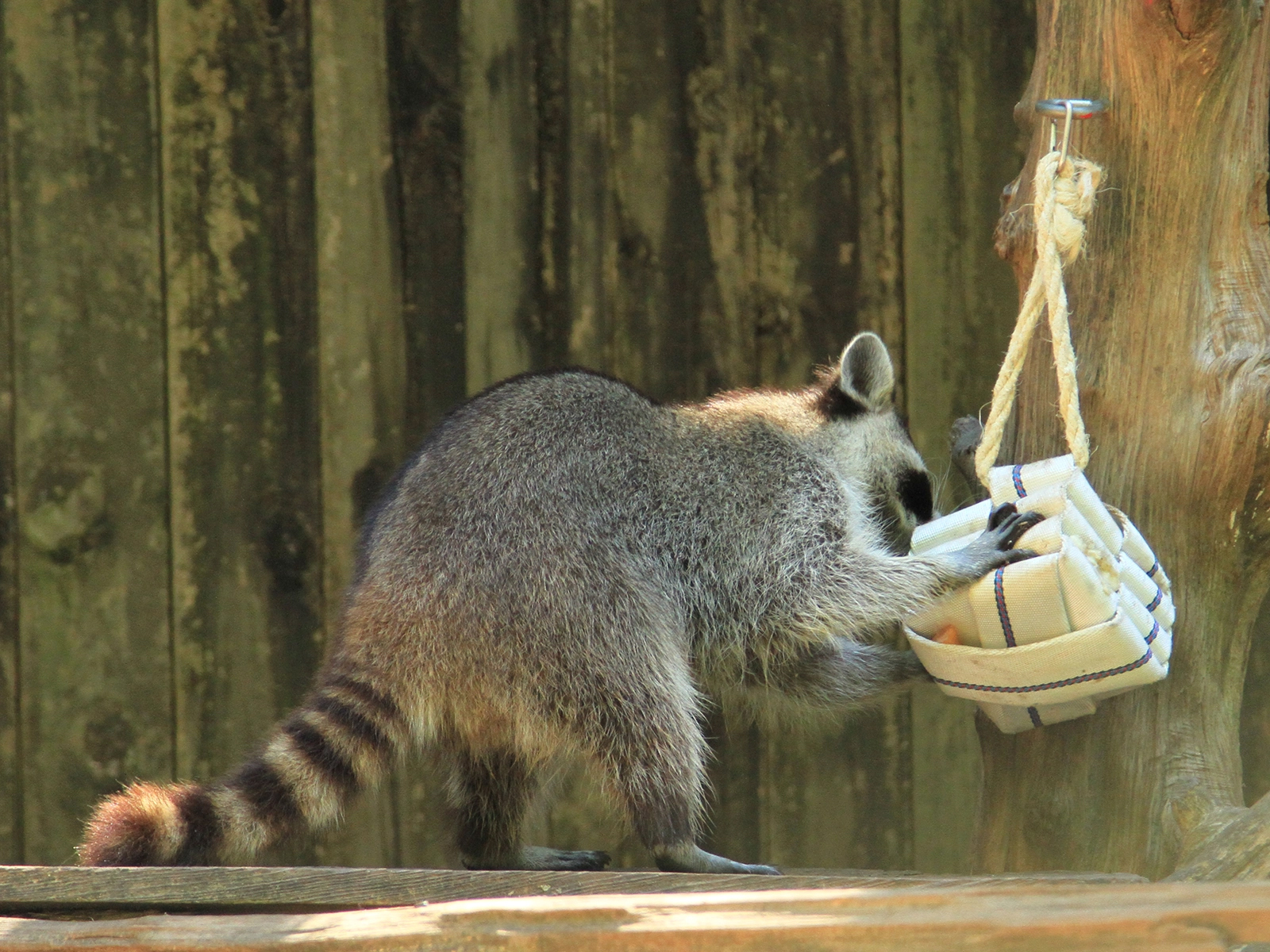
Habitat
We meticulously design and continually enhance our animal habitats with environmental enrichment. This means creating dynamic spaces that encourage natural behaviors like foraging, exploring, climbing, and resting.
We incorporate diverse elements, from varied substrates and climbing structures to water features and plants, ensuring our animal residents have endless opportunities to engage with their surroundings. Our goal is to provide environments that are not just comfortable, but truly enriching for their physical and psychological well-being.
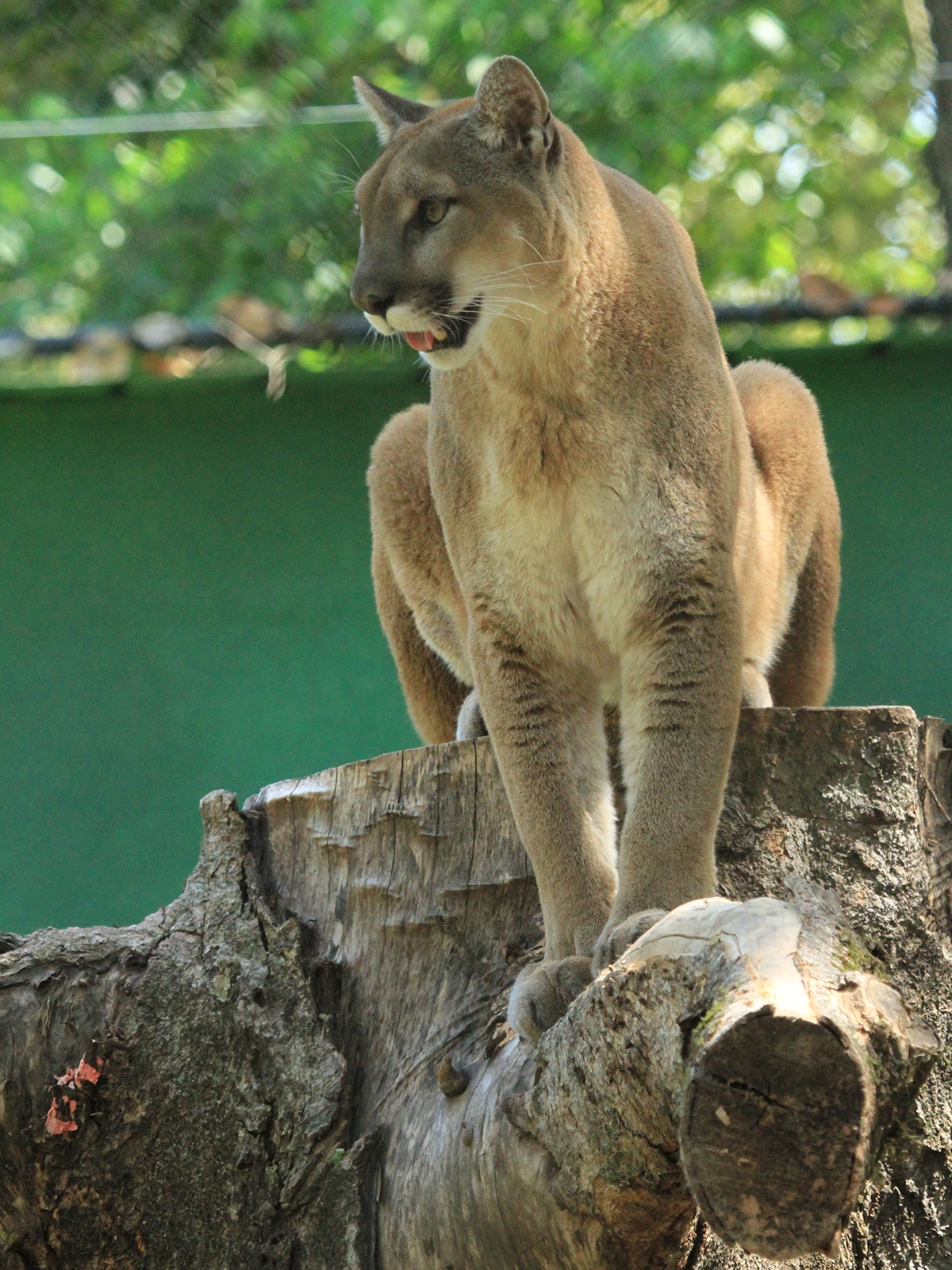
Sensory
Sensory enrichment is designed to stimulate all five senses of our animal residents, mimicking the diverse and captivating world they would experience in their natural habitats.
From introducing novel scents and interesting textures to playing natural sounds and offering visually stimulating elements, we provide a continuous array of sensory opportunities. This thoughtful approach encourages exploration, curiosity, and natural behaviors, contributing significantly to their overall well-being and mental acuity.
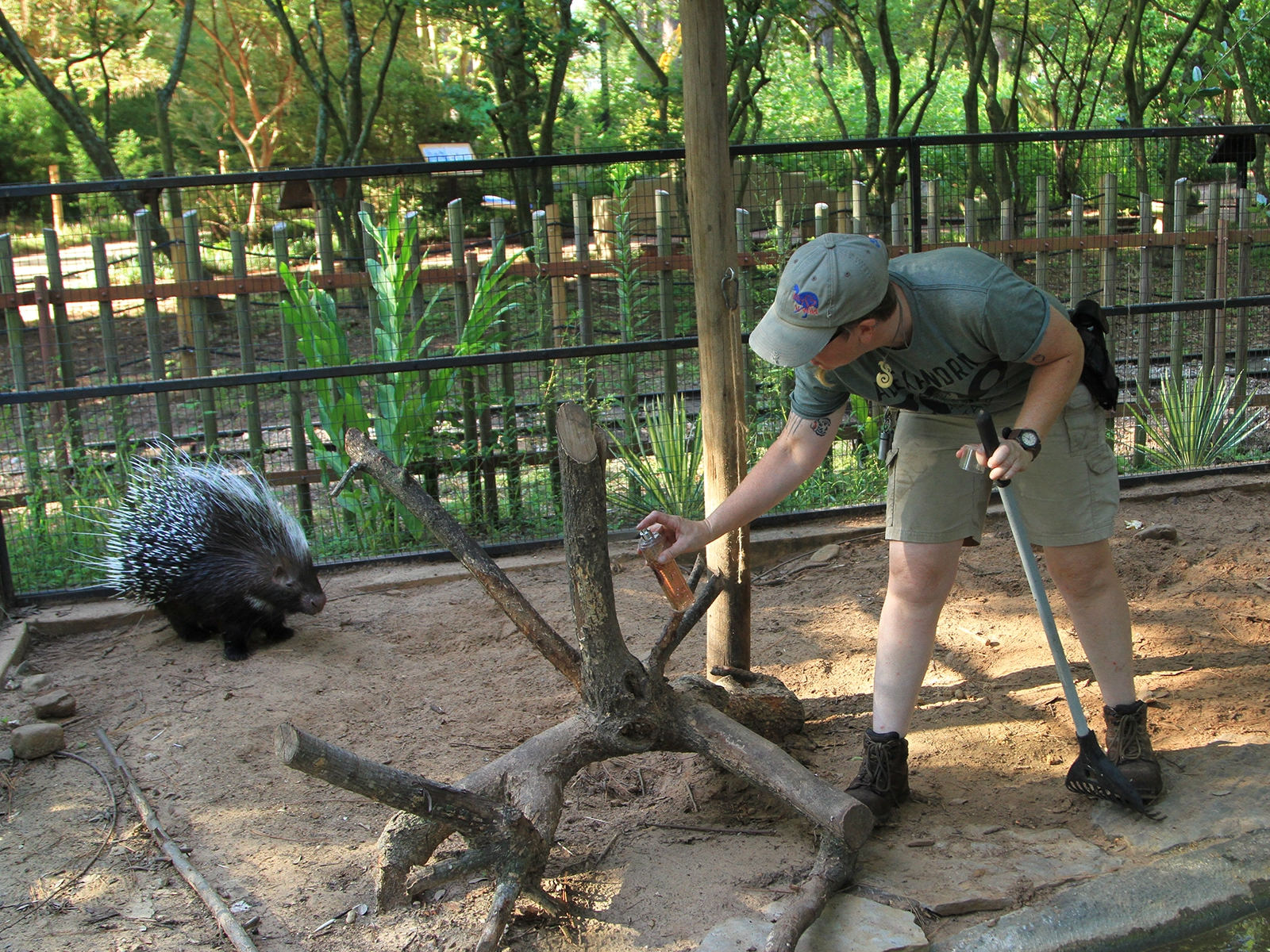
Food
Food enrichment is designed to stimulate natural foraging behaviors, encourage problem-solving, and provide both physical and mental exercise. From novel food items to presenting meals in challenging ways, we encourage exploration and promote natural instincts to ensure every bite contributes to their overall well-being.
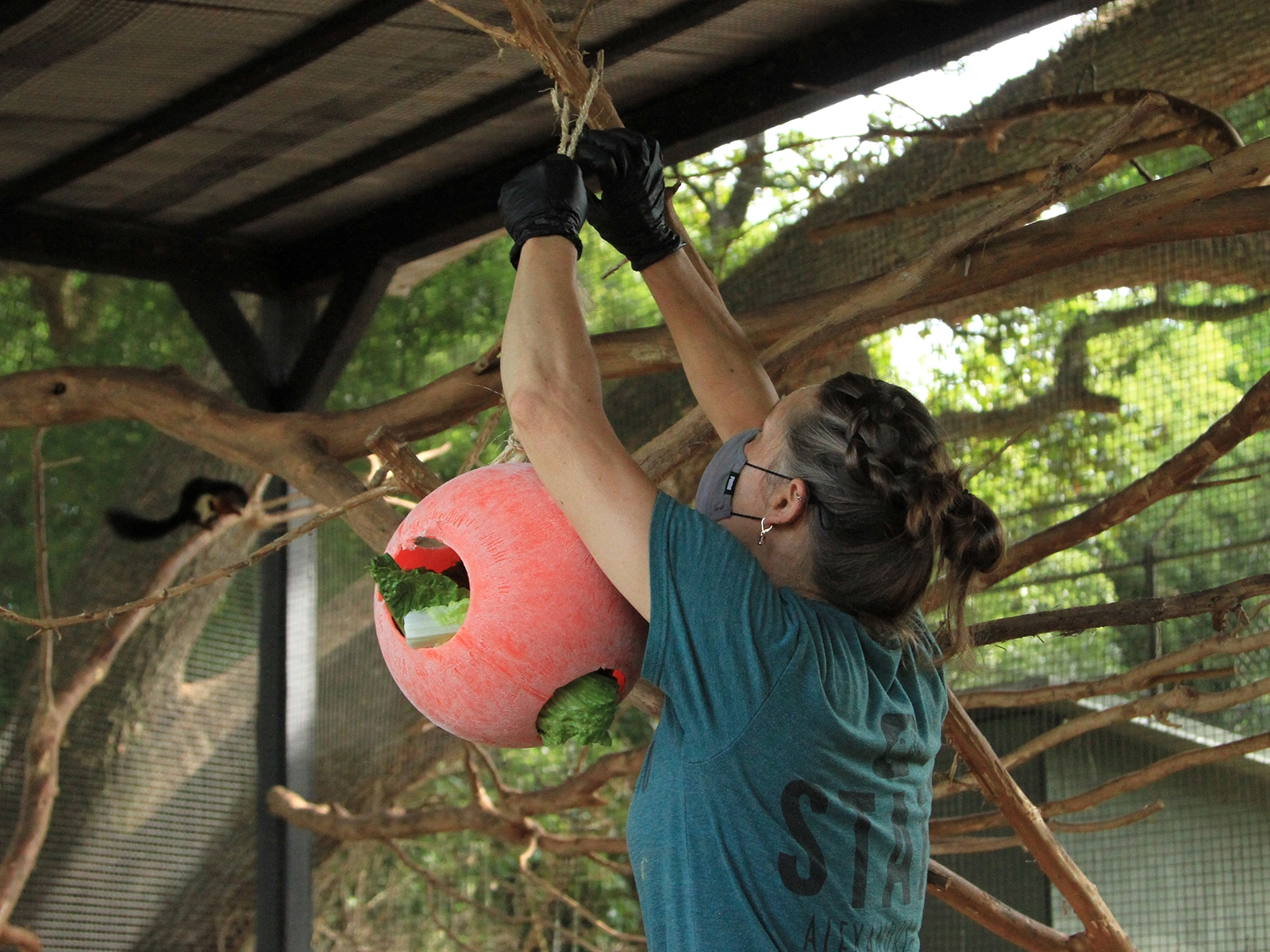
Toys
Beyond just fun, toys play a vital role in the well-being of our animal residents! Our toy enrichment is meticulously designed to provide physical activity, mental stimulation, and encourage natural behaviors. From durable puzzle toys that challenge their problem-solving skills to engaging objects that promote manipulation and exploration, we select and rotate a diverse array of toys tailored to each animal's species-specific needs and preferences.
This dynamic approach to play helps reduces stress and ensures our animals remain active, curious, and mentally sharp, contributing significantly to their overall health and happiness.
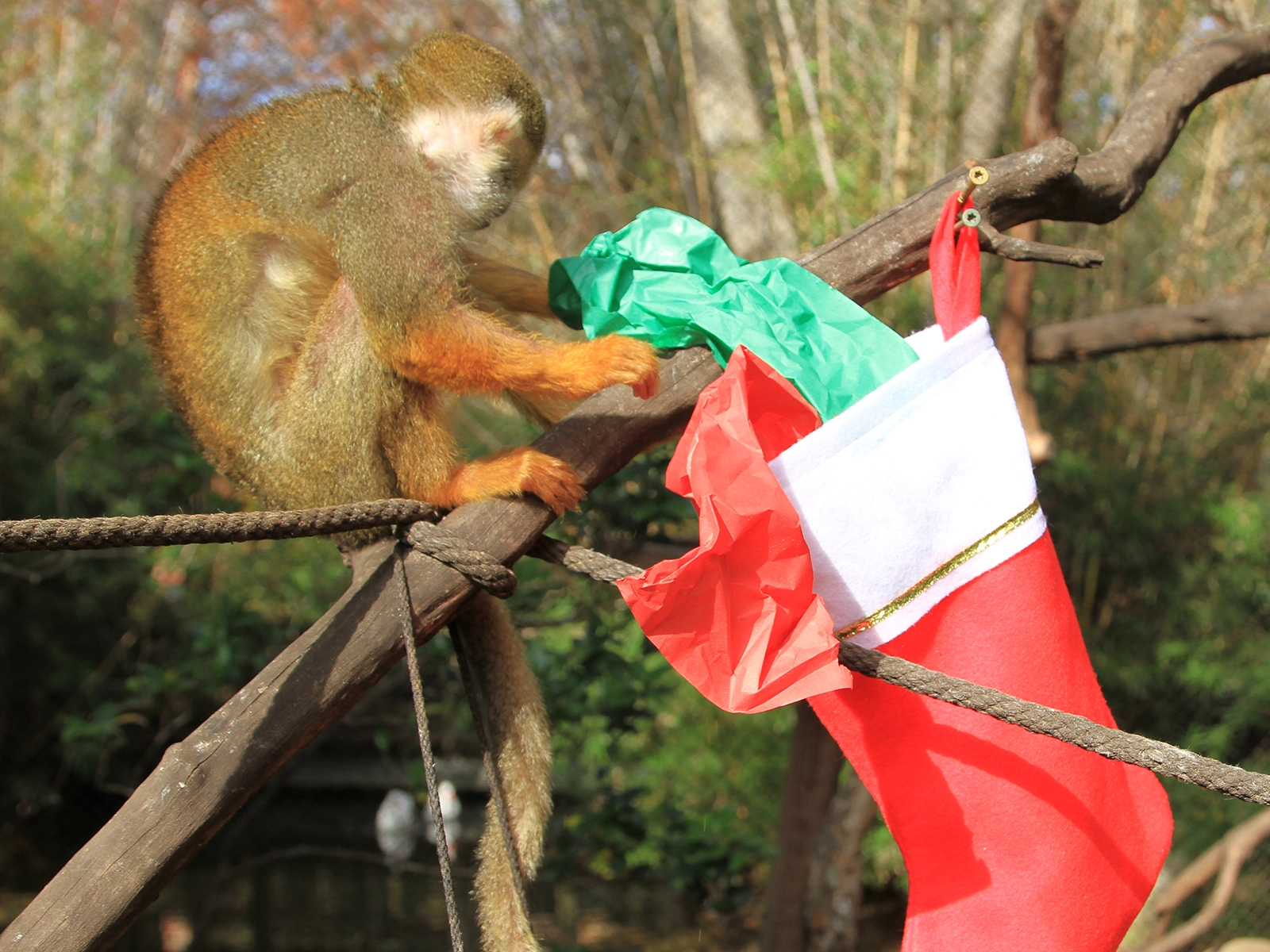
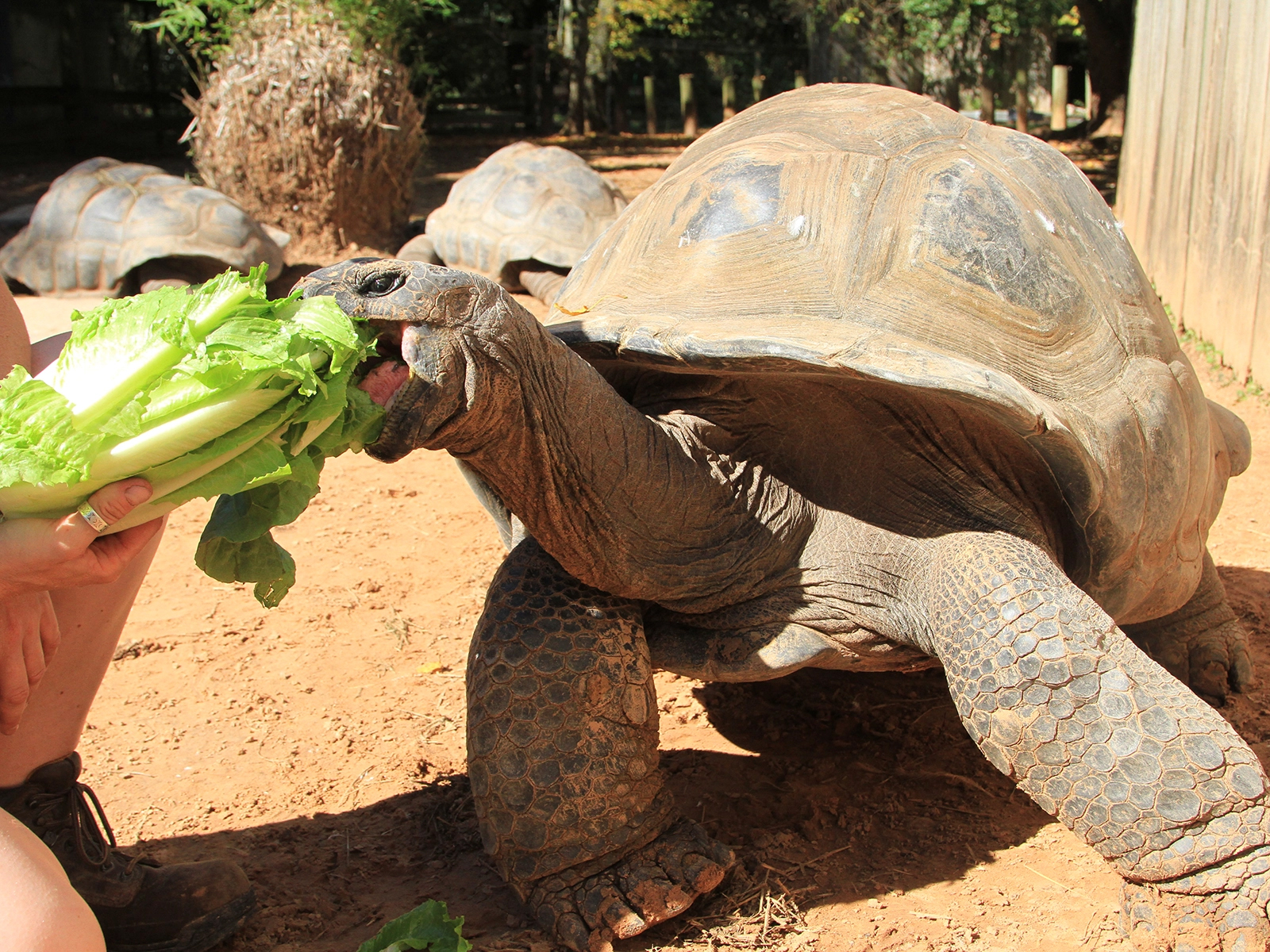
Nutrition
Our dedicated team provides specialized, restaurant-quality diets, precisely tailored for each animal's species, life stage, and individual health needs. It's a key part of how we ensure every resident thrives!
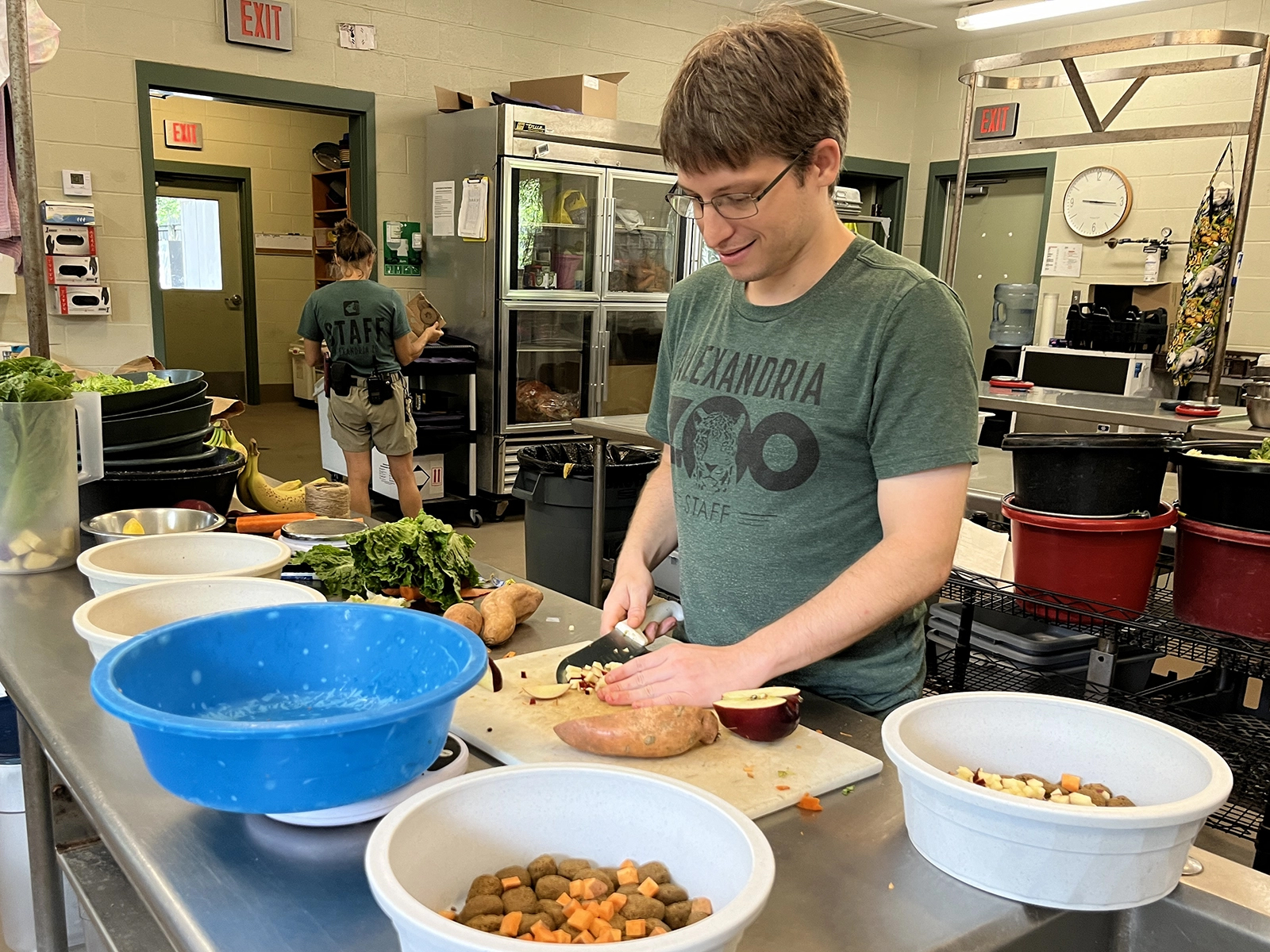
Commissary
The preparation of these specialized diets is handled with extreme care by our commissary staff. Each meal is prepared and weighed specifically for individual animals or groups, guaranteeing accurate portions and nutrient delivery.
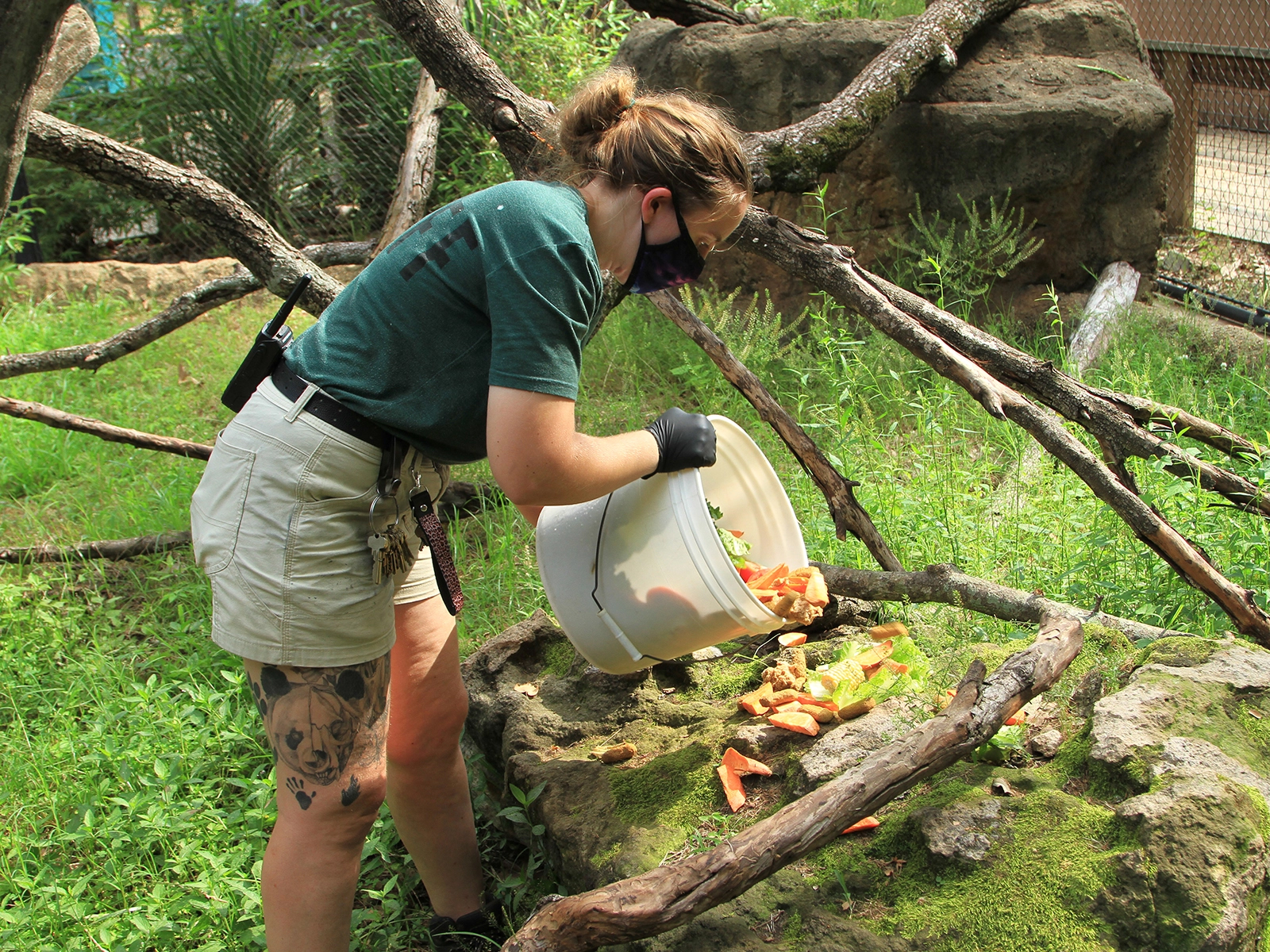
On the Menu
We provide our animals with restaurant-quality produce, along with a diverse selection of nutritious meats, fish, and grains. We even offer novel food items for enrichment, all to ensure their vitality and well-being.
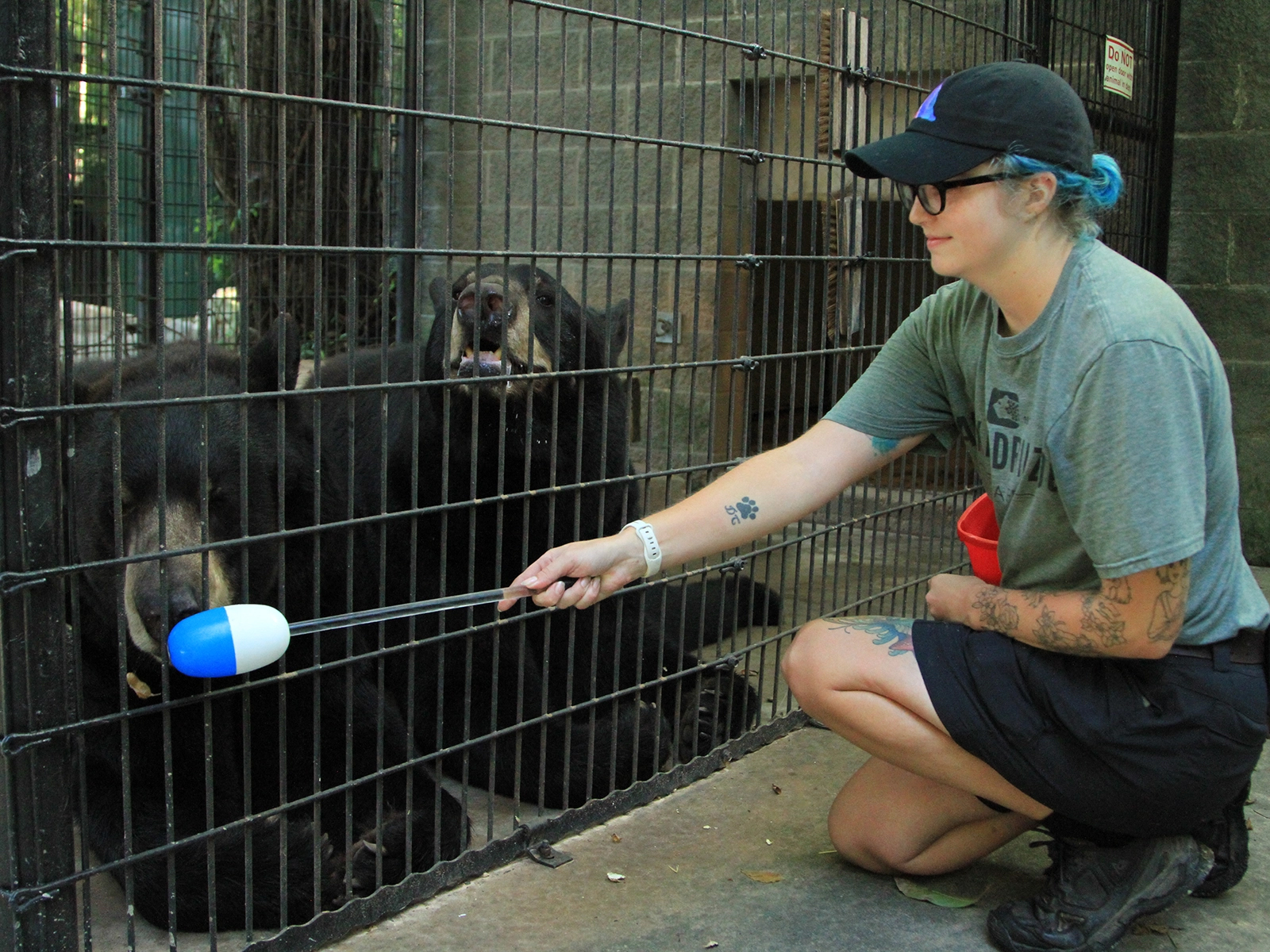
Cooperative Care
What is cooperative care? It involves training activities as part of a zookeeper’s daily animal management and is vital to the well-being of the animals in our care.
Animal care staff often face dilemmas when it comes to providing ongoing health maintenance as many animals cannot be safely handled without physical or chemical restraint.
Cooperative care encourages animals to be an active, willing participant in husbandry and handling experiences. Animals can be taught a wide range of cooperative behaviors that could one day prove life-saving. For example, jaguars can be taught to hold their mouths open to check their teeth, cougars can be taught to offer their tails for a blood draw, and red river hogs can be taught to get on scales to be weighed.
Teaching an animal that they can have some control in such situations can reduce their stress and fear, making necessary veterinary exams or procedures, grooming, or handling much more tolerable.
